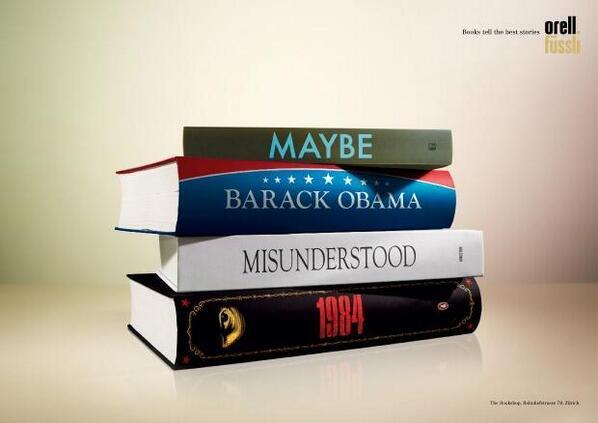 “Readers who want to truly grasp great literature would be best-advised to pick up a book.”
“Readers who want to truly grasp great literature would be best-advised to pick up a book.”
Last week I wrote about new research that shows reading content on a digital device may keep us from thinking in the abstract.
That article cited a report from the Association for Computing Machinery that found “using digital platforms such as tablets and laptops for reading may make you more inclined to focus on concrete details rather than interpreting information more abstractly,” according to a Dartmouth press release.
“A common theme in (news) reports is the fear that the modern world’s information inundation is killing humans’ capacity for contemplative, abstract thought,” wrote Geoff Kaufman of Carnegie Mellon University and Mary Flanagan of Dartmouth College. “Despite the often sensationalist and alarmist nature of these accounts, there is growing evidence that they may not be far from the truth.”
While their study was geared from a technical and scientific perspective, one writer has another take on the problem.
“[The study] finds we remember concrete details better if we’ve read a work on a laptop or tablet,” writes Tom Jacobs in Pacific Standard. “We grasp the larger inferences of a story more thoroughly, however, if we’ve read it in print.”
Jacobs is referring to the second part of the ACM study, in which participants read a short story by David Sedaris on a holiday visit to his family home.
“Those who read the story on a screen earned better scores, on average, on the detail-oriented questions. But those who read it on paper scored higher on questions in which they had to tease out what Sedaris was trying to say,” Jacobs explains.
The researchers believe some of this may stem from the way we consume digital content, in bits and pieces to avoid overload. We may in fact be training our brains to pick out only details at the expense of deeper understanding and comprehension.
Jacobs’ advice is clear: “Readers who want to truly grasp great literature would be best-advised to pick up a book. When perusing Proust, opt for paper.
That, we can understand.
